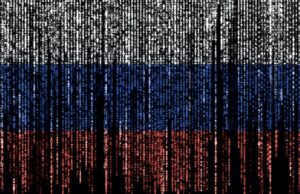Malicious code planted in xz Utils has been circulating for more than a month.
[[{“value”:”
Enlarge / Internet Backdoor in a string of binary code in a shape of an eye. (credit: Getty Images)
Researchers have found a malicious backdoor in a compression tool that made its way into widely used Linux distributions, including those from Red Hat and Debian.
The compression utility, known as xz Utils, introduced the malicious code in versions 5.6.0 and 5.6.1, according to Andres Freund, the developer who discovered it. There are no confirmed reports of those versions being incorporated into any production releases for major Linux distributions, but both Red Hat and Debian reported that recently published beta releases used at least one of the backdoored versions—specifically, in Fedora 40 and Fedora Rawhide and Debian testing, unstable and experimental distributions.
Breaking SSH authentication
The first signs of the backdoor were introduced in a February 23 update that added obfuscated code, officials from Red Hat said in an email. An update the following day introduced functions for deobfuscating that code and injecting it into code libraries as they were being built during the xz Utils update process. The malicious code has resided only in the archived releases—known as tarballs—which are released upstream. So-called GIT code available in repositories aren’t affected, although they do contain second-stage artifacts allowing the injection during the build time. In the event the obfuscated code introduced on February 23 is present, the artifacts in the GIT version allow the backdoor to operate.
Read 8 remaining paragraphs | Comments
“}]]






























